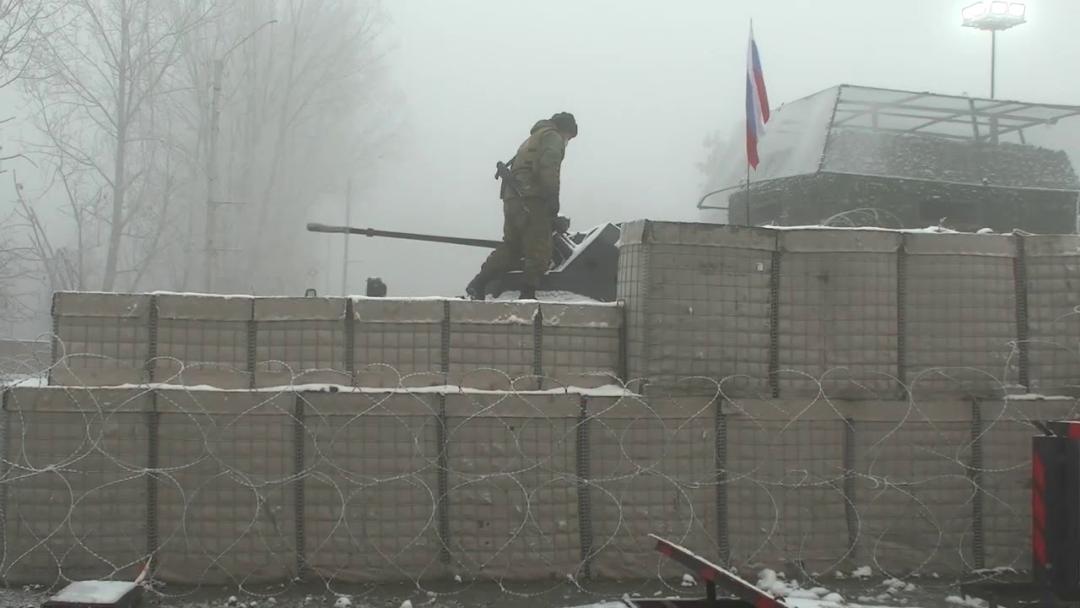
ICG’s report on post-war Nagorno-Karabakh

The International Crisis Group (ICG) prepared a report on the situation in Nagorno-Karabakh after the war. The report emphasised that the Russian mediation succeeded in ending the six-week war in Nagorno-Karabakh but left much unresolved. “If the cessation of hostilities is to become a sustainable peace, the parties should start by cooperating on humanitarian relief and trade before tackling larger questions,” it said. “The biggest question remains the status and future governance of Nagorno-Karabakh – or, rather, the portion of Nagorno-Karabakh outside Azerbaijan’s control, where Russian forces have deployed and to which ethnic Armenians are returning,” the report added. The other issue was the Russian mission’s mandate. “The ceasefire statement dispatched 1,960 troops to the region, along with other Russian government staff providing various sorts of assistance and working on reconstruction. But the regulations governing the Russian mission and its goals remain unclear,” the report said. The access and protection of religious sites, as well as the question of accountability for the war crimes during the conflict was also discussed.
In terms of economic development, the ICG emphasised a number of issues, including: the water supply to the Armenian populated territories, the issue of mining operations and agricultural development. The report also stated that the reconstruction in the territories regained by Azerbaijan would cost around $20 billion.
The ICG suggested greater international involvement in the Nagorno-Karabakh peace process in order to tackle the issues at hand. “More engagement means more potential donors; financial backing is an area where Russia will be strained. Aside from rebuilding after the war and constructing new roads and links through territories long seen as war zones, the region's arable lands, pastures and water resources need rehabilitating. Donors will want to ensure that aid goes to both Azerbaijanis and Armenians and, importantly, aligns with needs and helps support linkages and trade. Russia appears certain to retain its lead in providing security – and no other country appears likely to challenge that or show interest in deploying forces – but others could help finance reconstruction,” the report stated.
The ICG also spoke about the role that the OSCE might hold in the process of rebuilding Nagorno-Karabakh. “The OSCE could not only endorse Russian efforts, but also dispatch its own missions and diplomats to work with Russia, Armenia, Azerbaijan, Turkey and anyone else engaged to ensure that humanitarian aid is delivered and to hear human rights or other concerns. One advantage of an OSCE presence might be its reports, which, if made public, could go some way toward combating the biased information and disinformation now in circulation. In principle, an OSCE role is also possible at the peacekeeping monitoring centre in Azerbaijan,” the report concluded.
See Also


Armenia Records 5.9% GDP Growth in 2024, Missing 7% Goal

Yerevan Balances Strategic Ties with Both US and Russia, Says Foreign Minister

FM Mirzoyan: Peace Deal with Azerbaijan Is Within Reach

Pashinyan and Erdogan Hold Call, Reaffirm Commitment to Ongoing Dialogue

